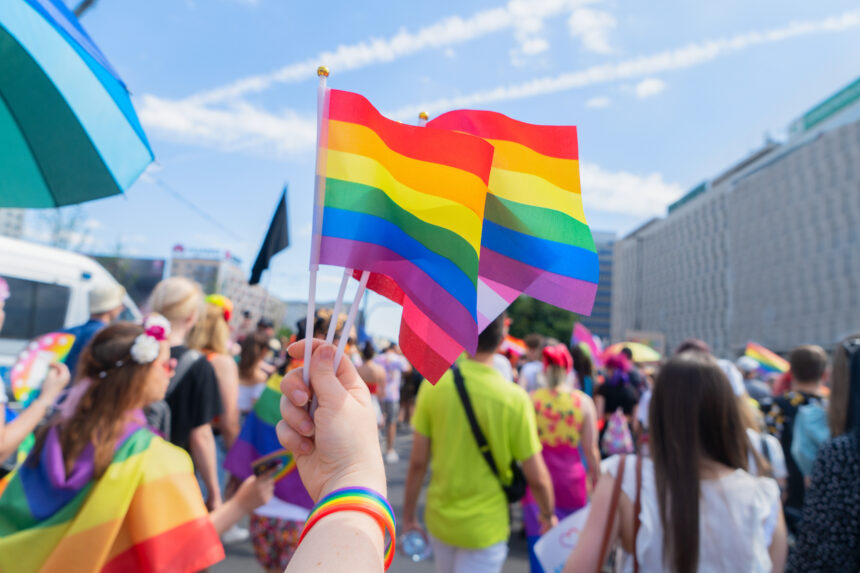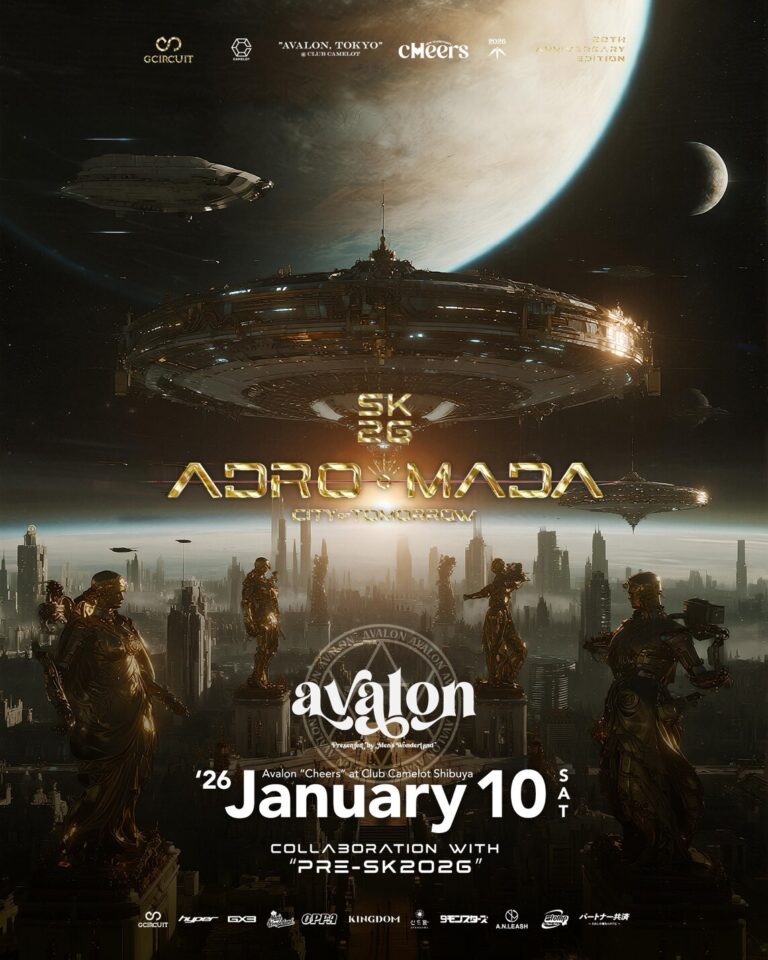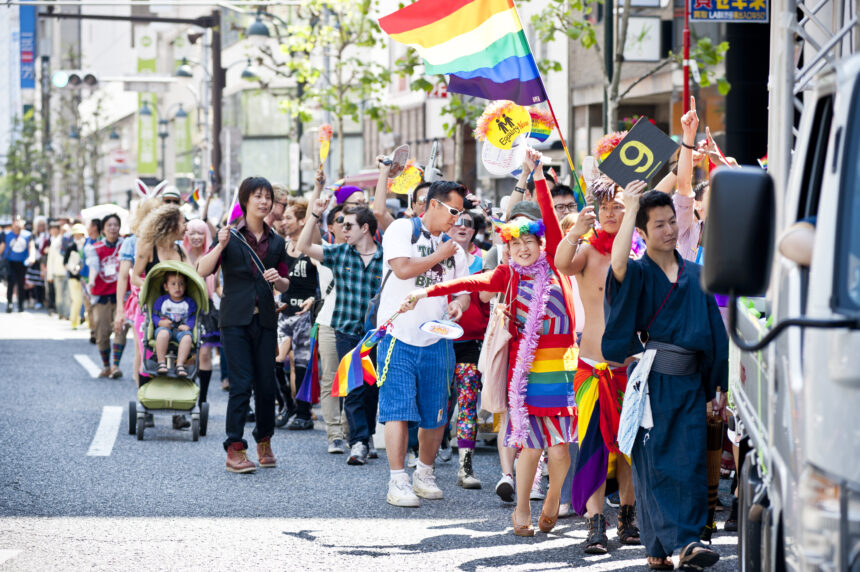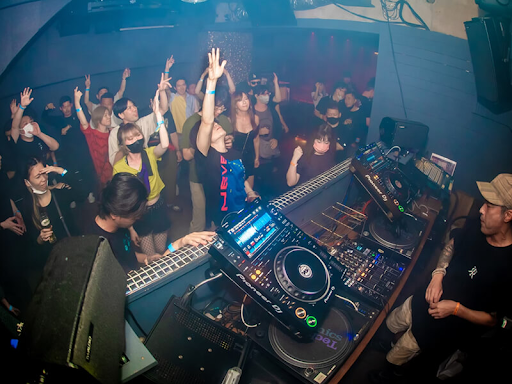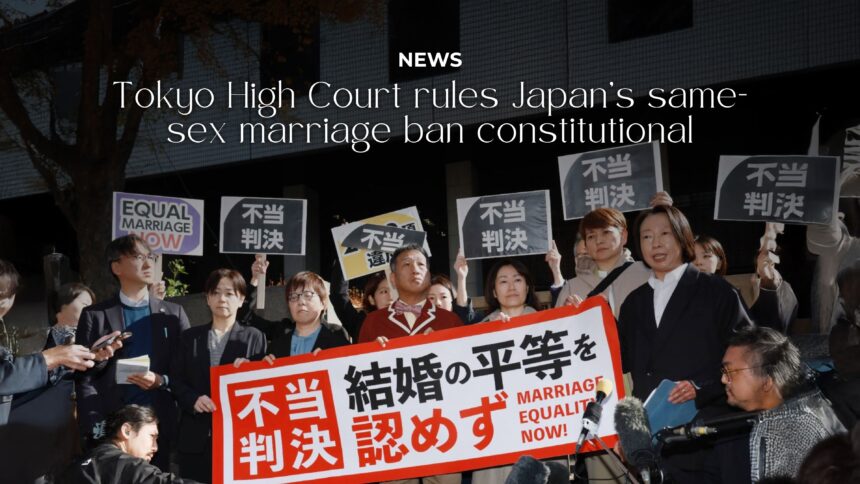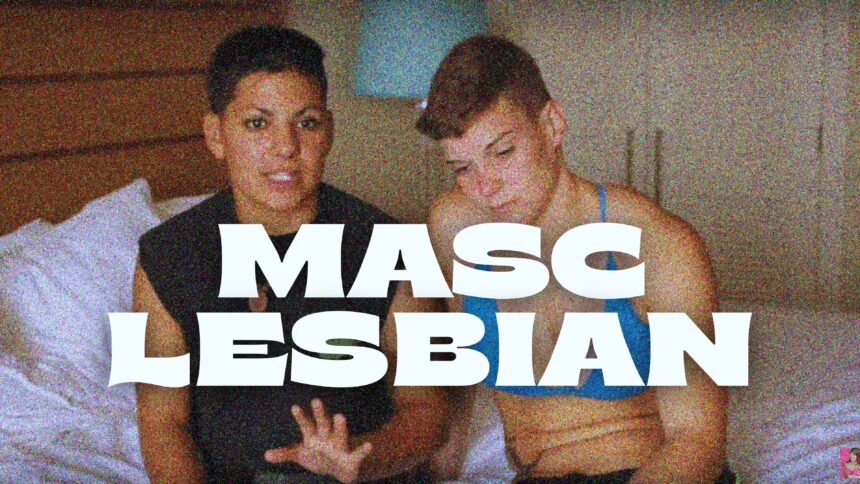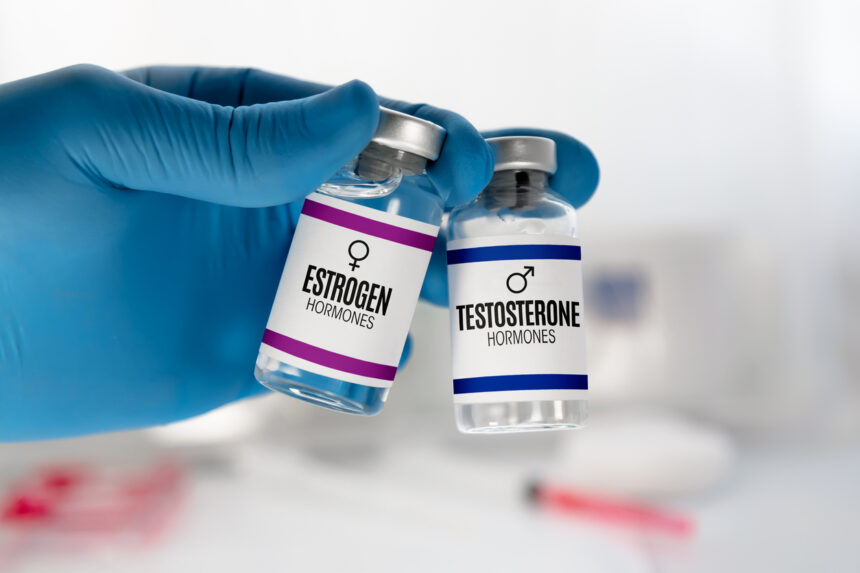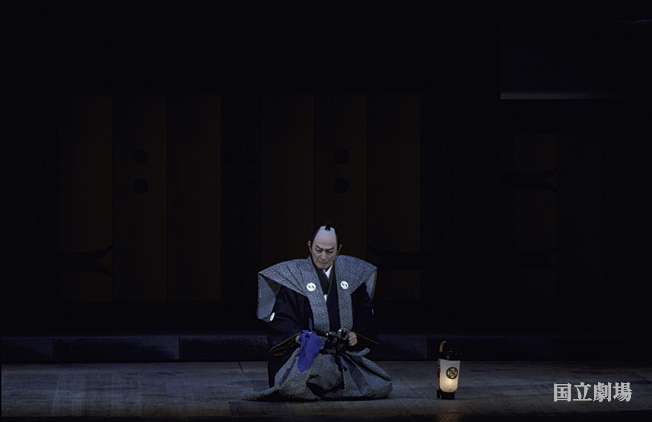Gay or LGBTQ festivals in Japan are a little bit different from what you may think of when you picture a traditional Japanese festival. They may or may not have food stalls, they definitely won’t have traditional music, and they won’t be celebrating a religious holiday.
However, if you want to learn more about LGBTQ life and culture in Japan, or if you just want to explore a festival that’s a little less standard, a queer festival might be the place for you.
A variety of LGBTQ festivals take place every year in Tokyo. Below are some examples of the most popular ones out there!
Have Some Boys Only Fun at Summer Blast


Summer Blast might be the most talked-about gay mens’ festival in Tokyo, which is held every summer in July. Unfortunately, women won’t be able to attend, but if you’re a gay guy living in Tokyo, or even just visiting the area, why not check it out?
Summer Blast isn’t only held at one venue, but is held at 6 different venues at once in Shinjuku Ni-chome, the most famous gay area of Tokyo. They range from gay night clubs and bars, to a local theater available for private showings.
Seven different events take place at these venues over the course of the day, all with their own unique theme. Taken from Summer Blast’s website, they include “unique club parties, doujinshi (amateur manga) sales events, and even meeting and matching (dating) spaces at clubs, bars, and event spaces in the town.” This means that no matter what you’re into as a gay guy in Tokyo, you’ll probably find it at Summer Blast.
Ticket prices for the event are not cheap, but considering the variety of activities and venues on offer at the festival, it will be very easy to get your money’s worth.
To talk numbers, a ticket purchased on the day of will cost you 7,000 yen. While an “early bird” and “super early bird” ticket will cost you 6,000 yen and 5,000 yen respectively.
There’s a cool perk if you happen to be 20 years old at the time of purchase – entry is free! Whether this is meant to attract a younger crowd to the festival, or to reward young Japanese men for their “Seijinshiki” (coming of age ceremony) still remains unclear. But, if you’re a 20-year-old gay guy living in or visiting Tokyo, why not snag free entry to Summer Blast?
Sadly, for overseas buyers, a ticket will cost you 7,000 yen regardless of the date it’s purchased. And there’s also no free entry for 20-year-olds who don’t hold residence in Japan.
There’s Something for Everyone at Tokyo Rainbow Pride


If you’re not a gay guy but still want to learn more about LGBTQ culture and history in Japan, you might want to check out Tokyo Rainbow Pride. It’s a week-long festival held every year from mid to late April, and it includes various queer-themed booths and events around Yoyogi Park, Shibuya and Harajuku.
In total, about 15,000 people participate in Tokyo Rainbow pride every year. Whether they only check out one or two events, or attend everything on offer over the festival’s week-long run time, it sure is a popular thing to do among Tokyoites in April!
The largest event of the festival is the Tokyo Rainbow Pride Parade at the end of the week, with a parade route that stretches 3 kilometers from start to finish. The parade has, annually, about 1,100 people marching at the same time.
This may make it seem a little intimidating. But, if you think about it as 1,100 LGBTQ people and allies all repping Japan in one place, you may feel a little bit more confident about joining in!
Aside from the parade, there are numerous other events happening during the week-long festival. The roster of things to do ranges from drag shows, to guest speakers, to musical performances, to kid-friendly events, to food and drink booths.
Tokyo Rainbow Pride is truly a place to go if you want to learn a whole lot about queer history and culture in only one week. You don’t have to identify as queer to take part, either. All you need to do is be respectful, be prepared to learn new things, and to have a little fun!
Tokyo Rainbow Pride 2024 was actually the 30th anniversary of the event, which kicked off its first set of festivities in 1994. The panel of speakers this year was highlighted by Teishiro Minami, a 92-year-old gay rights activist who helped found the first pride parade in Tokyo thirty years ago. Tokyo Rainbow Pride is a wonderful opportunity to listen to and possibly speak with founding members of the Japanese queer rights movement, as well as trailblazers working for equality today.
The great thing about this festival is that there really is something for everyone: whether you’re interested in queer education, musical or drag artists or more interactive events like the parade, you’ll be able to find it at Tokyo Rainbow Pride.
Entry to all events at Tokyo Rainbow Pride is completely free! This makes the festival accessible to almost anyone in Tokyo who wants to take part.
Are Queer Festivals So Different After All?


Many of the things you’ll find at a traditional festival won’t be at an LGBTQ festival. Especially when it comes to religious ceremonies, traditional dances and crowds of men hoisting mobile Shinto shrines on their backs.
But, the main purpose of a queer festival isn’t to celebrate tradition, but is to look toward the future of what same-sex marriage and LGBTQ rights in Japan will look like. Also, it’s a fun way to celebrate Pride with your family and friends by your side.
From this angle, queer festivals do have something in common with the traditional ones. Both types are built around a strong community, and are a great way to celebrate life with the people that you love.
Interested in more events?
